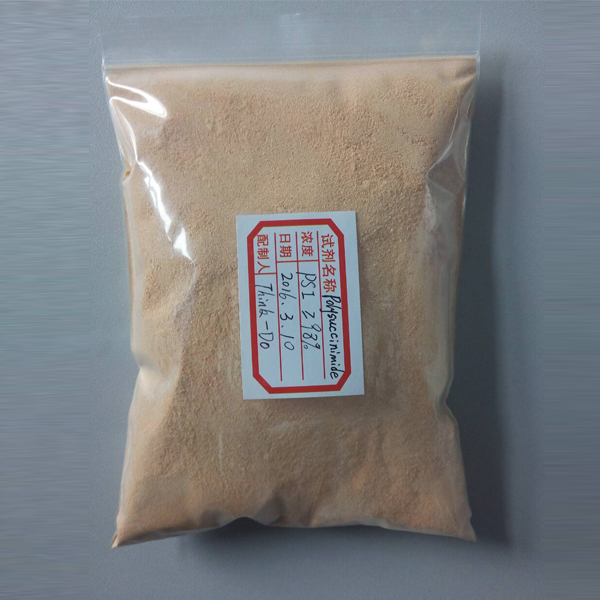
News
okt . 18, 2024 11:21 Back to list
Fe Chelating Agents and Their Role in Enhancing Nutrient Availability in Soil
The Role of Fe Chelating Agents in Agriculture and Environmental Science
The Role of Fe Chelating Agents in Agriculture and Environmental Science
In agriculture, iron is an essential micronutrient necessary for chlorophyll synthesis and various enzymatic processes within plants. However, in many soils, especially those with high pH levels or low organic matter, Fe can become immobilized and unavailable to plants. Chelating agents, such as EDTA (ethylenediaminetetraacetic acid) and DTPA (diethylenetriaminepentaacetic acid), are often used in fertilizers to deliver iron in a stable, soluble form that can be readily absorbed by plants. The application of Fe chelates can significantly enhance crop yield and quality by correcting iron chlorosis, a condition characterized by yellowing leaves due to inadequate iron availability.
fe chelating agent

Moreover, the environmental implications of chelating agents extend beyond agriculture. In contaminated soil and water systems, heavy metals like lead, cadmium, and arsenic pose serious health risks to humans and wildlife. Chelating agents can be deployed to remediate these contaminated sites, as they bind to toxic metals, rendering them more mobile and easier to extract or immobilize. This process, known as phytoremediation, involves using plants that can absorb these metal-EDTA complexes, facilitating their removal from the ecosystem.
Despite their benefits, the use of Fe chelating agents raises several concerns regarding their environmental impact. For instance, excessive application can lead to leaching and groundwater contamination. Additionally, some synthetic chelators can resist degradation and persist in the environment, potentially disrupting soil microbial communities and affecting plant health.
In conclusion, Fe chelating agents play a dual role in enhancing agricultural productivity and facilitating environmental cleanup. Their ability to improve iron bioavailability in plants is essential for sustainable crop production, while their use in remediating heavy metal contamination illustrates their significance in environmental science. However, careful consideration and management of their application are crucial to mitigate potential negative impacts. Continued research and innovation in developing biodegradable and less harmful chelating agents may pave the way for more sustainable practices in both agriculture and environmental remediation.
-
OEM Polymer of Aspartic Acid Supplier L & D Aspartic Acid Customization High-Quality, Eco-Friendly Solutions
NewsJun.10,2025
-
CAS 64723-18-8 High Quality Supplier & Manufacturer Get Instant Quotes Online
NewsJun.10,2025
-
OEM Thermal Polyaspartic Acid - Leading Manufacturer & Supplier for Efficient Heat-Resistant Solutions
NewsJun.10,2025
-
Premium Polymer of Amino Acids High Purity & Factory Pricing
NewsJun.10,2025
-
Premium Micronutrients Plant Fertilizer for Healthy Crops Quote Now
NewsJun.10,2025
-
Premium EDTA-4Na Supplier & Manufacturer Competitive Quotes
NewsJun.09,2025
